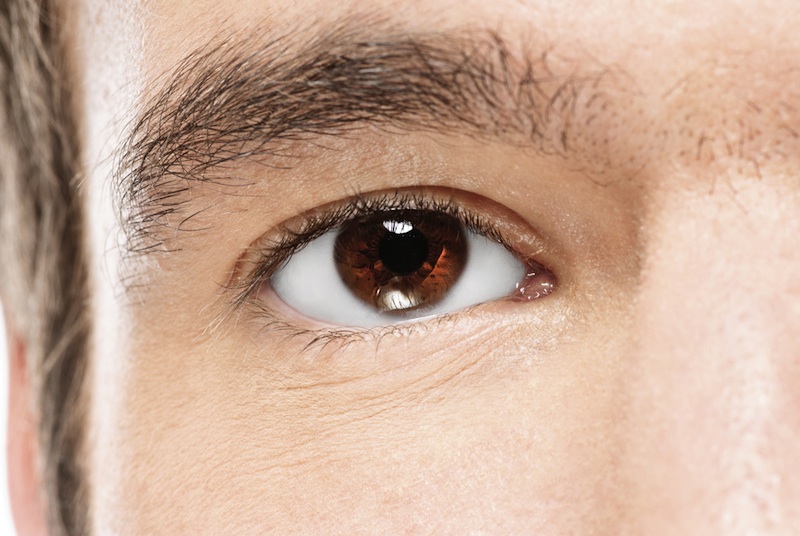What Causes Dry Eyes?

Get the world’s most fascinating discoveries delivered straight to your inbox.
You are now subscribed
Your newsletter sign-up was successful
Want to add more newsletters?

Delivered Daily
Daily Newsletter
Sign up for the latest discoveries, groundbreaking research and fascinating breakthroughs that impact you and the wider world direct to your inbox.

Once a week
Life's Little Mysteries
Feed your curiosity with an exclusive mystery every week, solved with science and delivered direct to your inbox before it's seen anywhere else.

Once a week
How It Works
Sign up to our free science & technology newsletter for your weekly fix of fascinating articles, quick quizzes, amazing images, and more

Delivered daily
Space.com Newsletter
Breaking space news, the latest updates on rocket launches, skywatching events and more!

Once a month
Watch This Space
Sign up to our monthly entertainment newsletter to keep up with all our coverage of the latest sci-fi and space movies, tv shows, games and books.

Once a week
Night Sky This Week
Discover this week's must-see night sky events, moon phases, and stunning astrophotos. Sign up for our skywatching newsletter and explore the universe with us!
Join the club
Get full access to premium articles, exclusive features and a growing list of member rewards.
"The Healthy Geezer" answers questions about health and aging in his weekly column.
Question: My eyes are dry a lot. Is this something common when you get older?
Answer: If your eyes seem to have become drier than normal to you, you should visit an eye doctor for a check-up. It's always better to have a professional examine you when you experience a troublesome bodily change.
Dry eyes are common in people older than 50 because our production of tears diminishes as we age. A lack of tears is more common among women, especially after menopause.
The tear film in your eyes has three basic layers: oil, water and mucus. Problems with any of these can cause dry eyes.
The outer layer of the tear film, which is produced by small glands on the edge of your eyelids, contains fatty oils. These smooth the tear surface and slow evaporation of the middle watery layer. If your oil glands don't produce enough oil, the watery layer evaporates too quickly, causing dry eyes.
The middle layer is mostly water with a little bit of salt. This layer, produced by the tear glands, cleanses your eyes. If the tear glands don't make enough of the watery part of tears, you get dry eyes.
Get the world’s most fascinating discoveries delivered straight to your inbox.
The inner layer of mucus helps spread tears evenly over the surface of your eyes. If you don't have enough mucus to cover your eyes, dry spots can form on the front surface of the eye.
Tears are necessary for overall eye health and clear vision. Tears keep eyes moist and wash away debris. They also help protect the eyes from infections.
Dry eye can be caused by an inflammation, or any disease that changes tears.
It can be caused by side effects from some medicines including antihistamines, nasal decongestants, tranquilizers, blood pressure medicines, Parkinson's medications, birth control pills and anti-depressants.
Women who are on hormone replacement therapy may experience dry eye symptoms. Allergies are associated with dry eye. Infrequent blinking from staring at a computer or video screen, may also lead to dry eye symptoms.
People who have had LASIK or other refractive surgery, where their corneas have reduced sensation because of incisions or tissue removal, may also experience dry eye. Also, people who wear contact lenses long term are at risk for developing dry eye.
Dry eye can damage the cornea, the clear, protective surface that covers the colored part of the eye, the iris. Permanent loss of vision from dry eye is uncommon.
[In our next column, we'll detail some treatments for dry eye.]
If you would like to read more columns, you can order a copy of "How to be a Healthy Geezer" at www.healthygeezer.com.
 Live Science Plus
Live Science Plus










